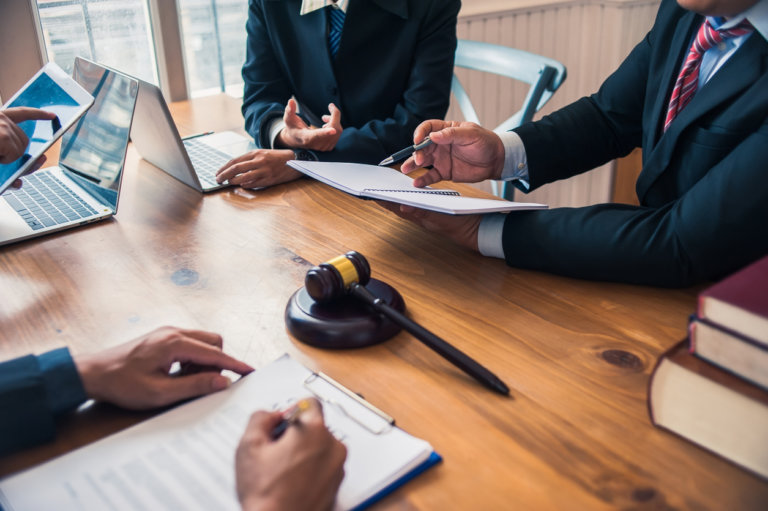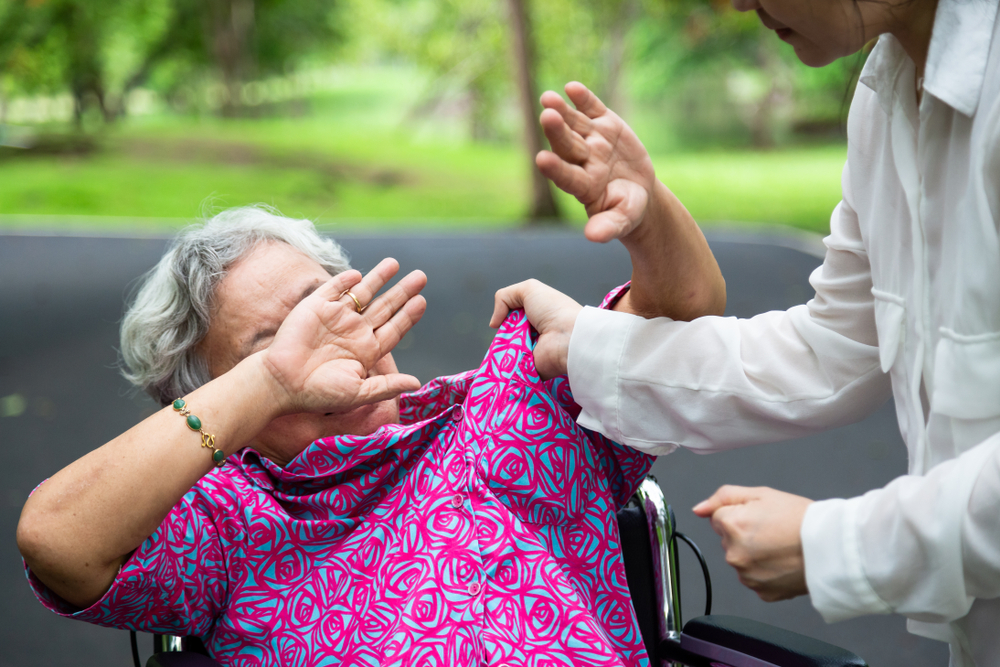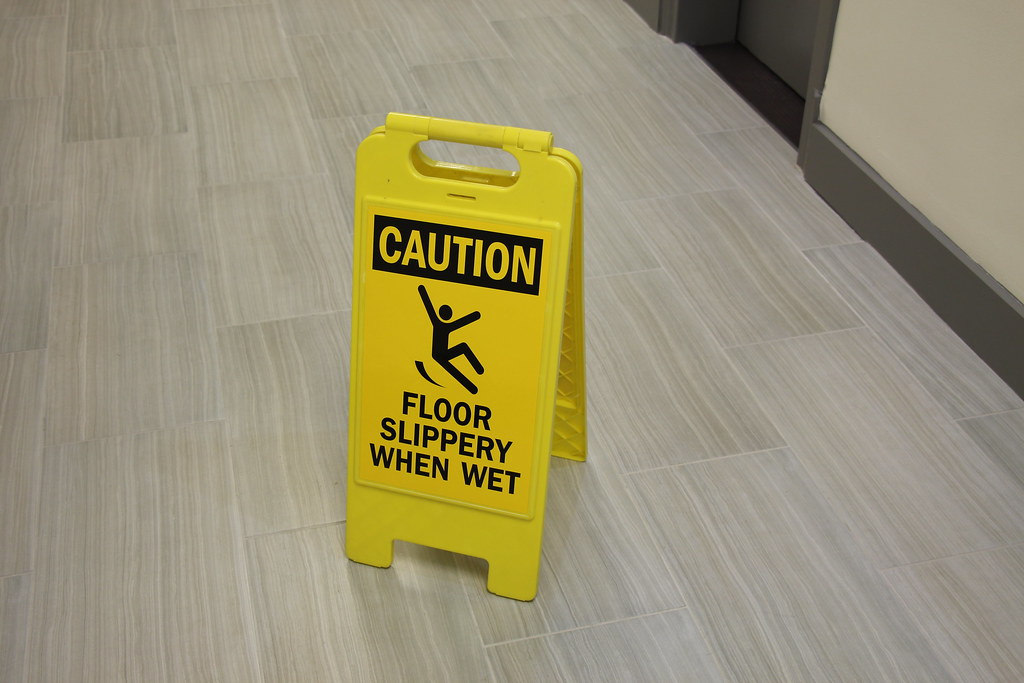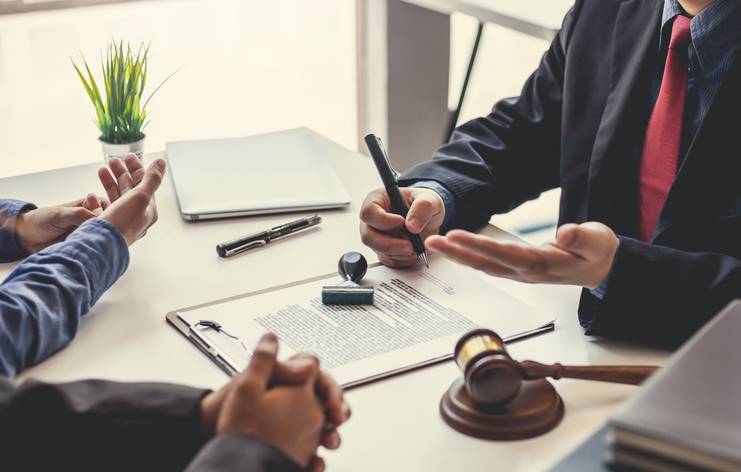Should a Criminal Defendant Testify During Trial?

In any felony case, a defendant is entitled to testify or not. If the accused opts not to testify, this fact cannot be used to infer guilt.
The accused can naturally testify, but that doesn’t always imply it is the best idea. Should a criminal defendant testify?
THE DEFENDANT’S TESTIMONY Can Convey Other Bad ACTS
Generally, the clients representing themselves in criminal court aren’t required to testify.
A person may be accused of having committed any previous evil acts when they testify in a criminal trial. Although the acts aren’t connected to the crime being accused of, the jury can use these misdeeds to infer that the defendant committed the crime in question.
DEFENDANT’S Right to NOT TESTIFY.
A defendant has a constitutional right not to testify, and the court has to instruct the jury that this choice cannot be used against the defendant, cannot be used to infer the defendant is guilty, and that the defendant is presumed innocent until proven guilty, regardless if they testify.
There must be a solid reason to recommend that my client testify and not simply demonstrate to the jury that the defendant is innocent. Before, I’d suggest that a defendant testifies in his defense. There’s just too much chance that something is going to go wrong. Should a criminal defendant testify?
With much on the line, finishing A criminal trial is very nerve-racking. Stress could cause individuals to become nervous, agitated, irritable, and many people don’t handle it properly. The jury could interpret these as signs of guilt even if they’re not guilty and use them to get a guilty verdict.
It is very nerve-racking with a great deal on the line in a criminal case. Stress could cause individuals to become nervous, agitated, irritable, and many people don’t handle it properly. The jury could interpret these as signs of guilt even if they’re not guilty and use them to get a guilty verdict.
The waters could be murky by incorporating the defendant’s interpretation of events into the case. A jury may concentrate on whether the accused is telling the truth instead of on inaccuracies in the prosecution’s case. The case becomes a matter of credibility, which can be disastrous for a person accused of a crime, who does not have experience testifying at trial, or with a motive to lie, which alters the dynamics associated with a criminal case when a jury determines the prosecution’s case against the defendant’s version of events when the defendant has nothing to prove.
Conclusion
The accused needs to testify by him, but they must advise clients on whether they ought to testify. They would suggest they don’t work in all but a couple of instances. Should a criminal defendant testify?
Firms to develop a compelling defense that will secure a not guilty verdict, have the case dismissed and provide leverage to boost the odds of a reduced charge while protecting the presumption of innocence as the case be may in the trial.










